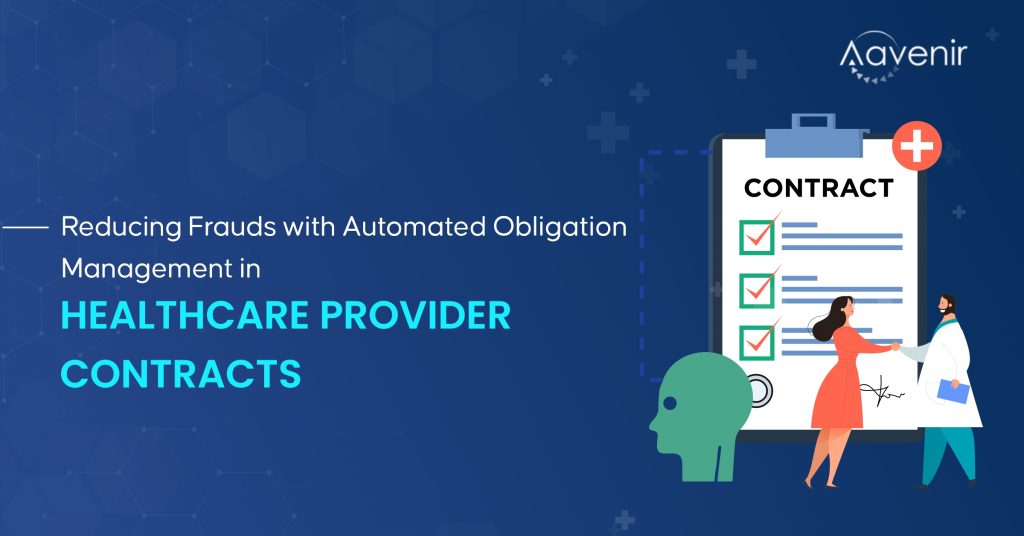What is Provider Performance Management?
In the context of Healthcare Contract Management, Provider Performance Management refers to the process of evaluating and managing the performance of healthcare providers who are contracted to deliver services to patients.

Healthcare Providers
Healthcare providers encompass a wide range of professionals, organizations, and entities involved in delivering healthcare services to patients. Here are some examples of healthcare providers:
- Physicians: Medical doctors (MDs) and Doctor of Osteopathic Medicine (DOs) who diagnose and treat illnesses, injuries, and medical conditions. This includes various specialties such as family medicine, internal medicine, pediatrics, cardiology, surgery, and more.
- Nurses: Registered nurses (RNs), licensed practical nurses (LPNs), and nurse practitioners (NPs) who provide direct patient care, administer medications, monitor patients’ conditions, and assist in treatment plans. Nurse anesthetists, nurse midwives, and clinical nurse specialists are also part of this category.
- Allied Health Professionals: This group includes a diverse range of healthcare professionals who support patient care and treatment. Examples include pharmacists, physical therapists, occupational therapists, respiratory therapists, speech-language pathologists, medical laboratory technologists, radiographers, and dietitians.
- Dentists: Oral healthcare providers who diagnose and treat dental conditions, perform oral surgeries, and provide preventive dental care. This category includes general dentists as well as specialists such as orthodontists, periodontists, endodontists, and oral surgeons.
- Behavioral Health Providers: Mental health professionals who diagnose and treat mental disorders and provide therapy and counseling services. This includes psychiatrists, psychologists, licensed clinical social workers, licensed professional counselors, and psychiatric nurses.
- Hospitals: Healthcare facilities that provide a broad range of medical services, including emergency care, surgeries, specialized treatments, diagnostic services, and inpatient care. Hospitals often have various departments and specialties, such as emergency departments, operating rooms, intensive care units, and maternity wards.
- Clinics and Outpatient Centers: These facilities offer outpatient care and specialized services, such as primary care clinics, specialty clinics, ambulatory surgery centers, imaging centers, and rehabilitation centers.
- Home Healthcare Providers: Professionals who deliver healthcare services to patients in their homes. This can include home healthcare nurses, physical therapists, occupational therapists, and home health aides.
- Long-Term Care Facilities: Institutions that provide care for individuals who need assistance with daily activities and specialized medical care. Examples include nursing homes, assisted living facilities, and rehabilitation centers.
- Pharmacies: Retail and hospital-based pharmacies that dispense medications and provide counseling on their proper use.
It’s important to note that healthcare providers can also include medical groups, physician practices, healthcare systems, accountable care organizations (ACOs), and other organizations that employ or contract with healthcare professionals to deliver care.
Provider Performance Management – All You Need to Know About It
In the context of Healthcare Contract Management, Provider Performance Management refers to the process of evaluating and managing the performance of healthcare providers who are contracted to deliver services to patients. It involves monitoring, assessing, and improving the performance of healthcare providers to ensure they meet the contractual obligations and deliver high-quality care.
Here are some aspects that can be referenced in the context of Provider Performance Management within Healthcare Contract Management:
Service Level Agreements (SLAs):
SLAs define the performance expectations, metrics, and quality standards that healthcare providers are required to meet. These agreements typically include parameters such as patient satisfaction scores, clinical outcomes, access to care, response times, and adherence to clinical guidelines.
Key Performance Indicators (KPIs):
KPIs are specific metrics used to measure the performance of healthcare providers. These indicators can include measures related to patient outcomes, patient experience, efficiency of care delivery, cost-effectiveness, and compliance with regulatory requirements.
Quality Metrics:
Quality metrics assess the performance of healthcare providers in delivering high-quality care. These metrics may include indicators such as readmission rates, infection rates, mortality rates, adherence to best practices, and patient safety measures.
Data and Reporting:
Provider Performance Management relies on the collection and analysis of relevant data to evaluate performance. This can include data from electronic health records (EHRs), claims data, patient satisfaction surveys, and other sources. Robust reporting mechanisms should be in place to track and communicate performance results to both providers and stakeholders.
Performance Reviews and Scorecards:
Regular performance reviews are conducted to assess the performance of healthcare providers against established metrics and benchmarks. Scorecards are often used to summarize and communicate performance outcomes, allowing for comparisons across providers and identification of areas for improvement.
Continuous Quality Improvement (CQI):
Provider Performance Management aims to drive continuous improvement in the quality of care delivered. This involves implementing quality improvement initiatives, sharing best practices, providing feedback and education to providers, and facilitating collaborative efforts to enhance performance.
Contractual Compliance:
Provider Performance Management ensures that healthcare providers comply with the terms and conditions of their contracts. This includes adherence to contractual obligations, regulatory requirements, reporting obligations, and financial terms.
Read More: Why compliance management is the need of an hour for any healthcare organization?
Performance Incentives and Penalties:
Contracts may include incentives or penalties based on performance. Incentives can reward healthcare providers for meeting or exceeding performance targets, while penalties can be imposed for failing to meet contractual obligations or performance standards.
Relationship Management:
Provider Performance Management involves establishing and maintaining effective relationships with healthcare providers. Regular communication, feedback, and collaboration are essential to foster a partnership approach and address performance issues constructively.
Contract Renewal and Negotiation:
The insights gained through Provider Performance Management can inform contract renewal or renegotiation discussions. Performance data and outcomes can be used to identify areas of improvement and negotiate favorable terms and conditions in future contracts.
It’s important to note that specific practices and processes may vary depending on the healthcare organization, the nature of the contracts, and the applicable regulatory framework.
Explore Additional Resources To Know More




